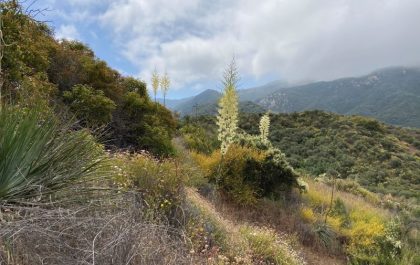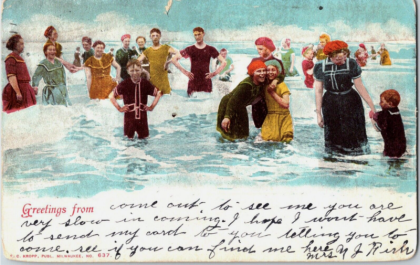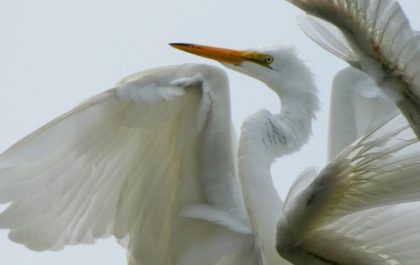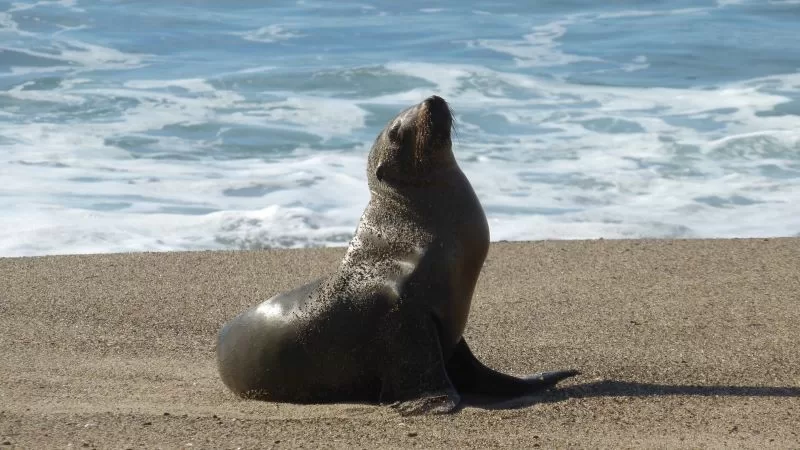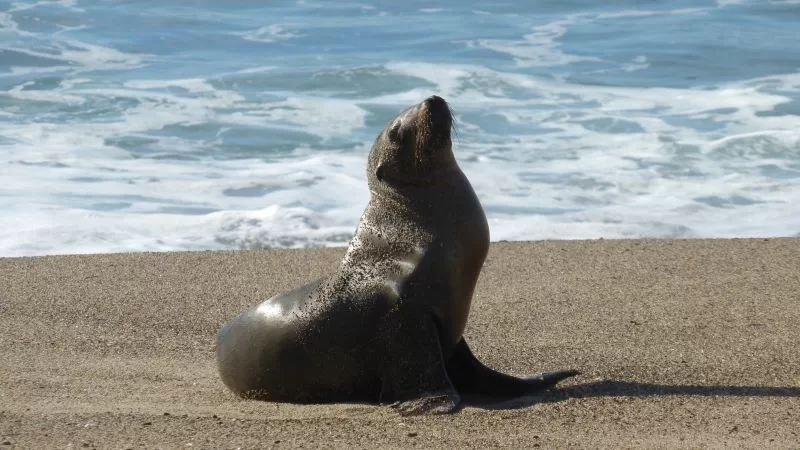
Domoic acid continues to take a terrible toll on local marine mammals. The toxin, a byproduct of the rapid growth of harmful algae along parts of the Southern California Coast, has already killed dozens of dolphins and sea lions, andsickened many more. Marine mammal rescue facilities are swamped with patients.
“The Channel Islands Marine & Wildlife Institute has fielded more than 1,000 reports of sick and dead marine mammals from June 8 through June 14,” Ruth Dover, the co-founder and Managing Director of the Institute told NOAA. The Institute is part of the West Coast Marine Mammal Stranding Network, and is coordinated by NOAA Fisheries. The Institute responds to live marine mammal strandings in Ventura and Santa Barbara Counties.
“We are managing more than 200 reports of marine mammals in distress each day,” Dover said. “We are doing the best we can to keep up with the intense pace. Please continue to report all sick and injured marine mammals as we are getting to as many animals as we can, as quickly as we can, each day.”
In Los Angeles County, the California Wildlife Center and Pacific Marine Mammal Center are struggling to keep up with the influx of patients. Both organizations are non profits that depend on donations to fund their work, and on volunteers to assist veterinary professionals with the difficult tasks of capturing and treating dangerously ill sea lions.
The algae Pseudo-nitzschia, produces domoic acid, a powerful neurotoxin, which spreads through the entire marine food chain. Sea lions suffering from domoic acid exposure exhibit disorientation and may experience seizures.
The news has been overwhelming, but the Pacific Marine Mammal Center has released a list of things beachgoers can do to help:
- DO NOT push beached animals back into the water. This could cause more harm to them.
- DO give the sick animal on the beach their space – they need to be able to rest peacefully on the beach to recover.
- DO get out of the water if a sea lion or erratically swimming dolphin is swimming around you – these animals are having seizures and their behavior can range from comatose to being hyper-excitable, reactive or aggressive. They will bite if approached too closely, so it is safest for you and them to keep your distance.
- DO respect and listen to the lifeguards regarding public safety!
- DO remember to donate – this dire situation is costing the center at least $200,000 that it does not have budgeted, and they are nearing capacity with not enough space to treat these sick animals.
In the Malibu area, call the California Wildlife Center’s Marine Team: 310-458-WILD (9453) to report stranded animals, and make sure to notify the nearest lifeguard.
In the greater Los Angeles Area, call the Pacific Marine Mammal Center: (949) 494-3050.
Donations are critically important. Both non profits urgently need help to get through this crisis visit www.pacificmmc.org and cawildlife.org to learn more.

